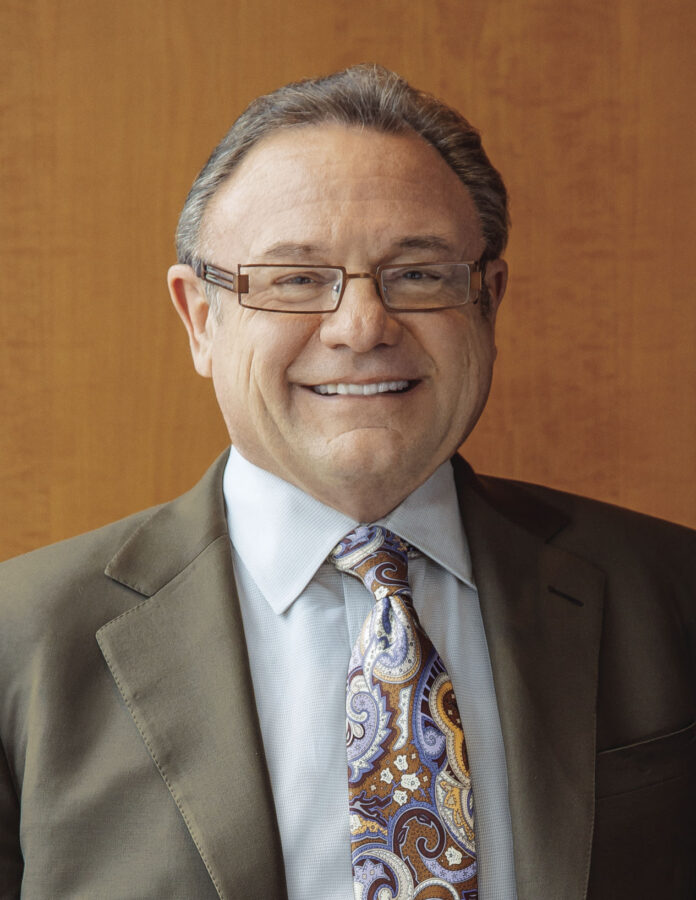In a few speeches and scribblings of late, I have noted that we appear on the cusp of a new Roaring Twenties, similar to that emerging a century ago in the wake of the Spanish flu (hopefully without any expectation that I will master the Charleston). That modest projection inevitably raises the question: “If we roar like the 1920s, will we then fall through the floor like the Great Depression of the 1930s?” The answer is quite simple — No!!
During the 1930s, we had neither the knowledge nor infrastructure for an effective monetary response. At the onset, the Federal Reserve was less than 20 years old with no mandate to support economic growth (until 1948). The tools that it routinely uses are largely the product of research in the ensuing decades. We now have a most competent monetary authority with proven capacity to jump into the breach.
Similarly, we didn’t understand how to use fiscal policy in the early stages of the Depression. Economists generally clung to Cambridge tradition of Alfred Marshall (whose textbook from the early 1890s still dominated) which held that markets would solve any economic problem if left alone. Some outstanding scholarship in the 1930s taught us that, although among the most powerful and useful concepts ever conceived, markets are not perfect. At times, they must be helped along; at others, they must be constrained. With those realizations, the era of proactive fiscal policy was born.
Despite the New Deal’s aura — and its importance to our social fabric cannot be overemphasized — it was not remotely grand enough to stem the calamity of the 1930s. That took the much greater stimulus that accompanied World War II. We have since learned the value of a well-timed fiscal surge, as is apparent at this crucial juncture of the pandemic recovery.
In addition to those major advances in our understanding, there are many other elements in place now that were not around then, including, among others, financial market safeguards and circuit breakers, deposit insurance, more stable currency systems, and retirement security. We are also now a more advanced economy with countless technological breakthroughs to inform and enhance our efforts.
I am not suggesting that we know everything, or even that we will apply existing knowledge perfectly. There remains much to learn, and undoubtedly our response to anything that arises will be less than optimal (it always is). I certainly feel comfortable in saying, however, that we have sufficient tools and deployed them well enough over almost a century of subsequent crises to avoid another Great Depression. If necessary, we will do so again.
Simply stated, then is not now and now is not then. Let it roar!! Stay safe!!


